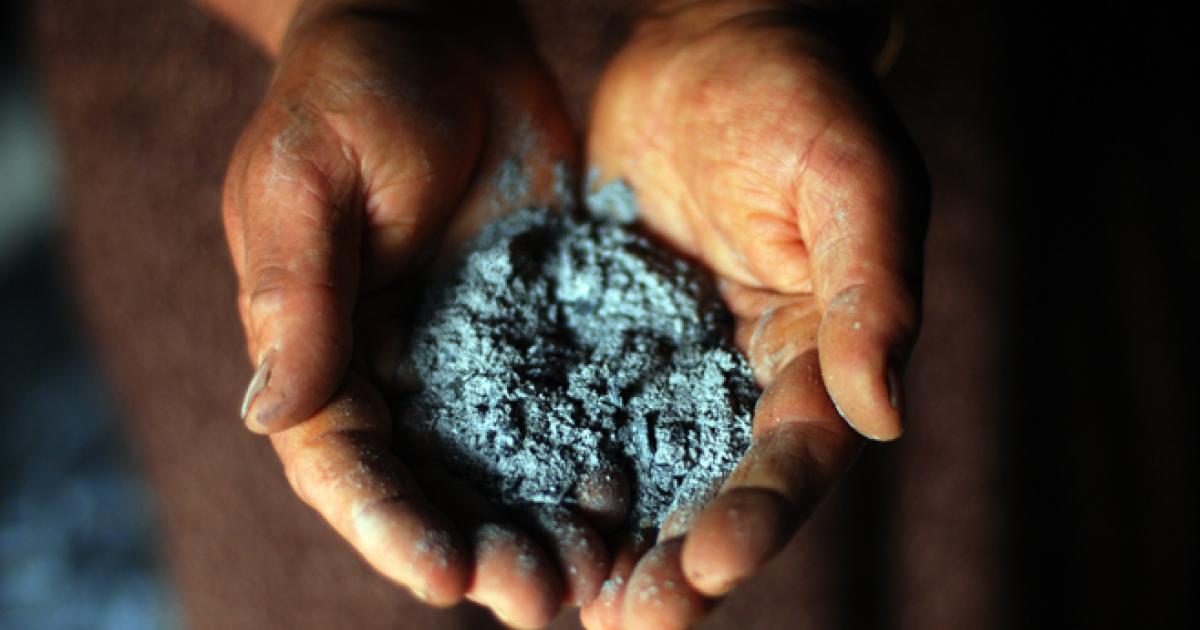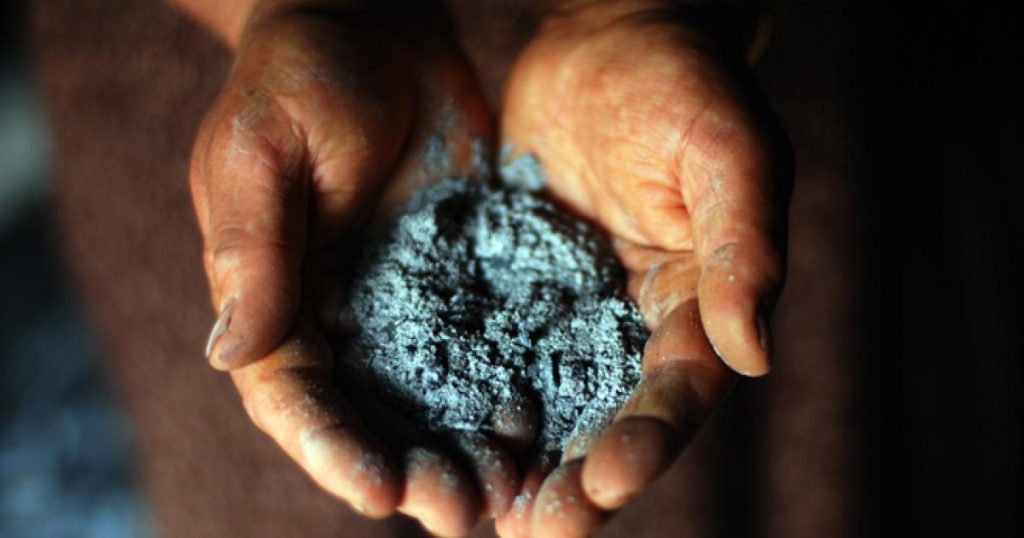Community grass-roots groups have been trained in Sebei Sub-region as part of efforts to end Female Genital Mutilation (FGM).
The groups, which are composed of 40 members each, were commissioned at the weekend in Kapchorwa Town.
They were identified and trained by Uganda Human Rights Commissions (UHRC) to support the ongoing efforts to achieve zero tolerance to FGM within not more than two years.
Ms Sarah Nakhumitsa, the UHRC regional human rights officer for the eastern region, said despite the huge progress made, more effort is still needed against the vice, especially in the rural communities.

“We have trained these community members to help us eliminate FGM because we are still getting reports of girls and women undergoing the practice, which has no health benefit,” Ms Nakhumitsa said.
She said the groups were identified from different hotspot areas that have been practising FGM.
In 2010, the government banned the practice, handing to whoever is convicted up to 10 years in jail, among other sentences. In 2019, police in Kween District arrested 19 people over allegations of aiding women and girls to undergo FGM.
Ms Carolyn Cheptoek, the community development officer of Kapchorwa District, said although FGM prevalence has declined due to sustained sensitisation, more campaigns against the practise should be carried out in rural communities.
“We currently don’t have statistics on the prevalence since the practice is now being carried out in a clandestine manner, especially at night and during childbirth by traditional birth attendants,” she said. Mr Peter Kamuron, one of the elders, who joined the fight against FGM, said the practice is primitive and cruel.
FGM, which involves partial or total removal of the female genitalia, is recognised internationally as a violation of the rights of women and girls.

